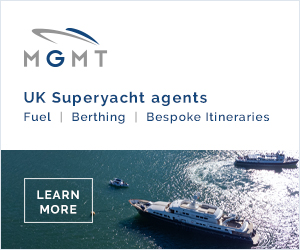Career & Training
The Crew Mess
Career & Training
Departments
Shipyards and Marinas
Superyacht Crew Finances
Sustainability
Social News for the Superyacht Industry
Social media influencer and digital brand expert.
Superyacht Content brings you the latest in social news for the superyacht industry.
Keep up to date with us across our social channels, and don’t forget to hit that share button!
Join our Newsletter
Copyright © 2023 Superyacht Content | Website Design by Zonkey










